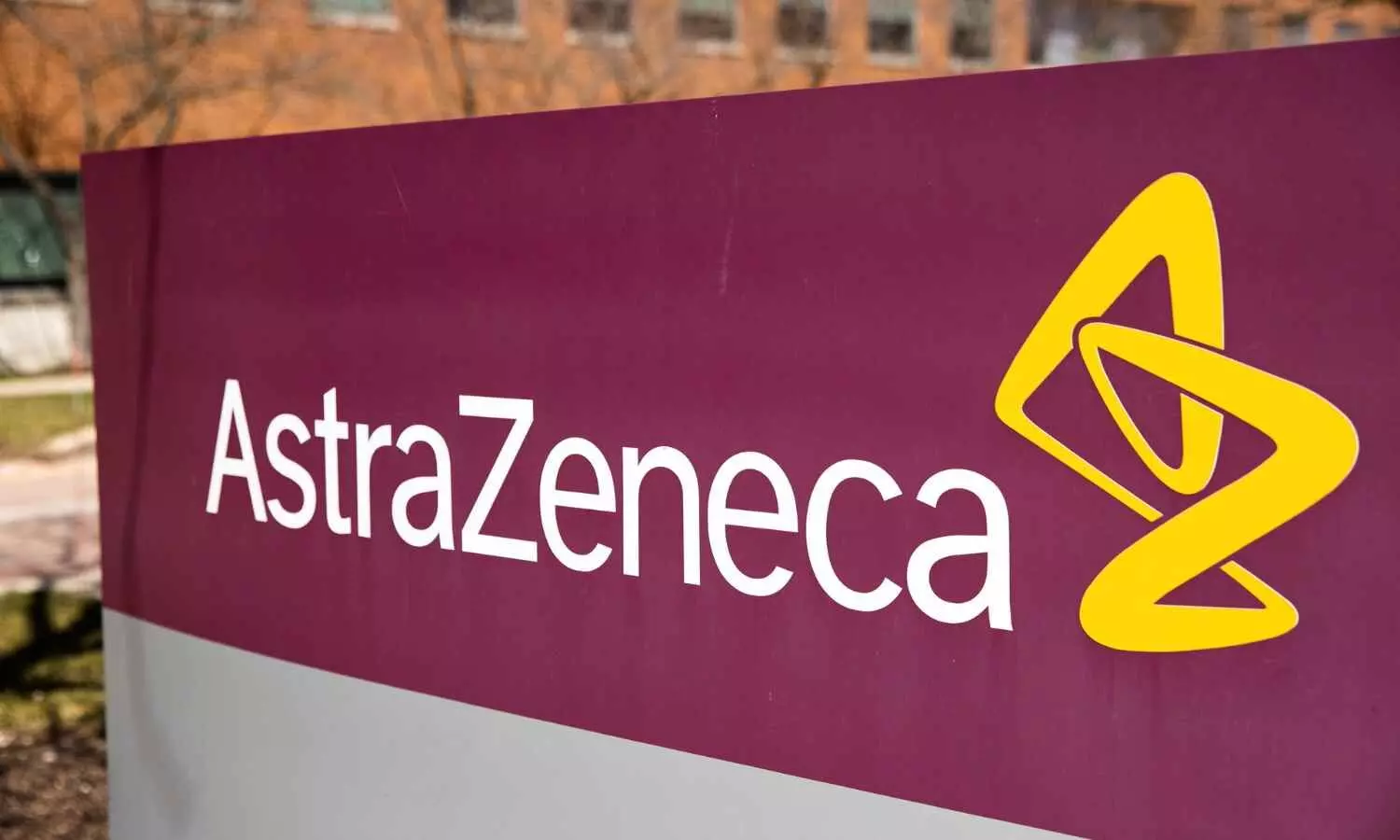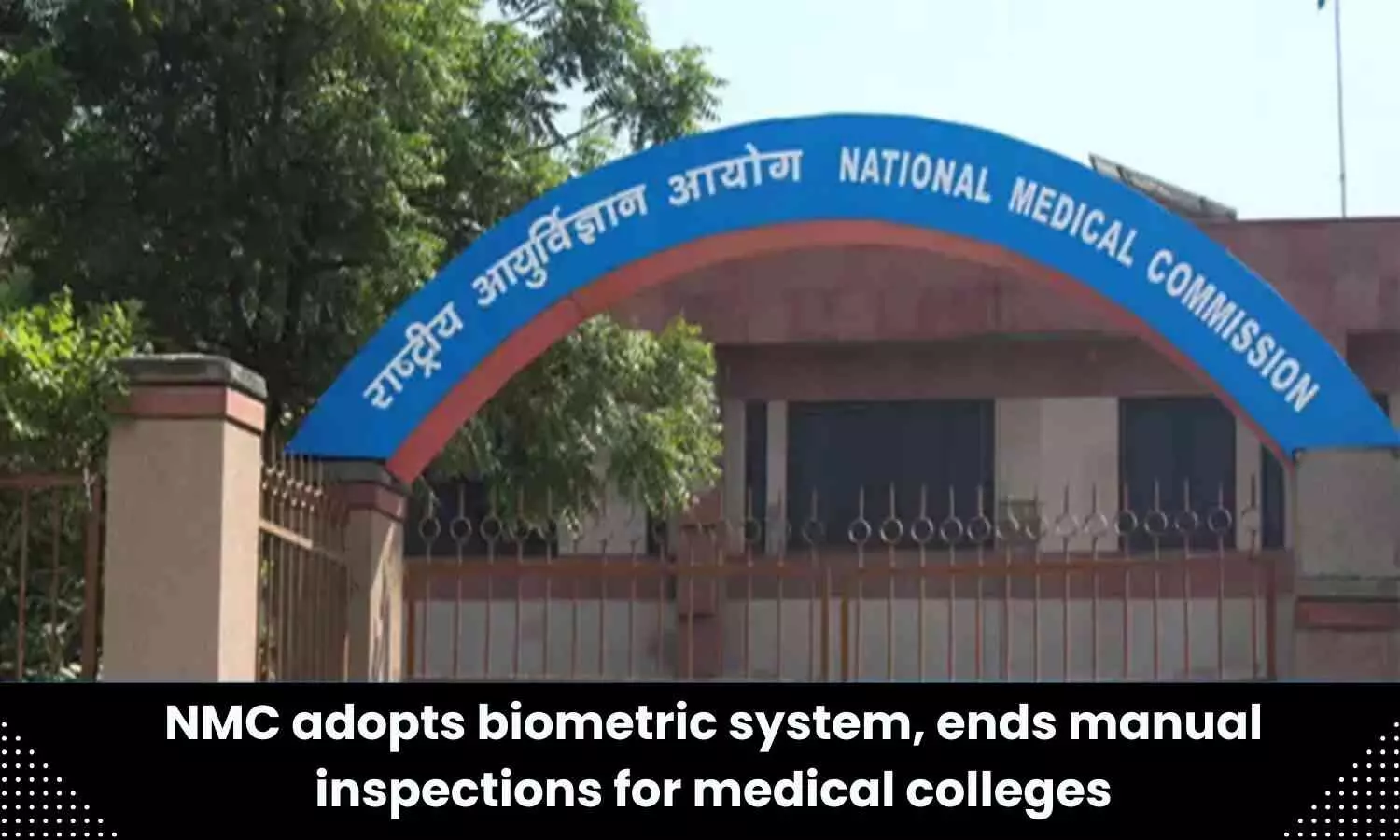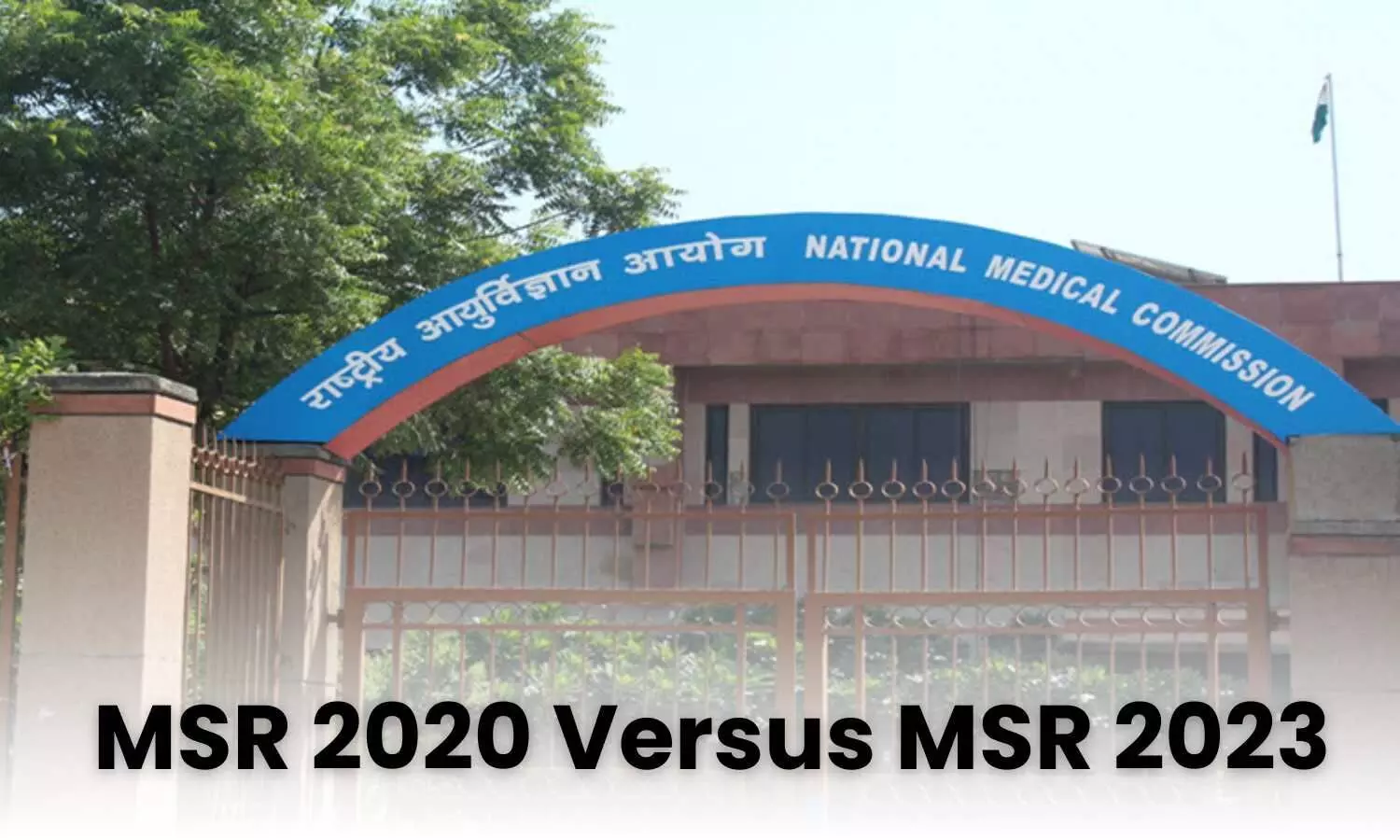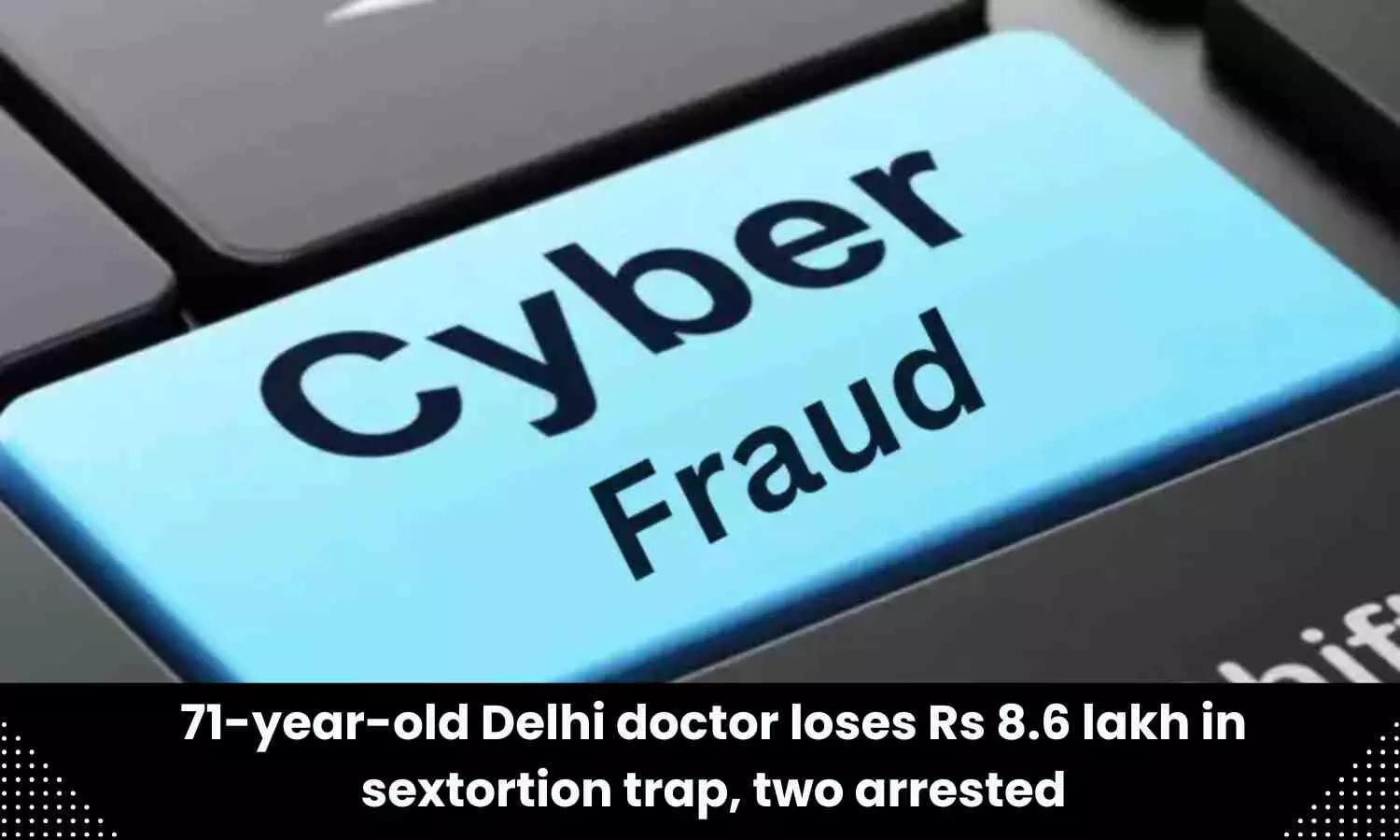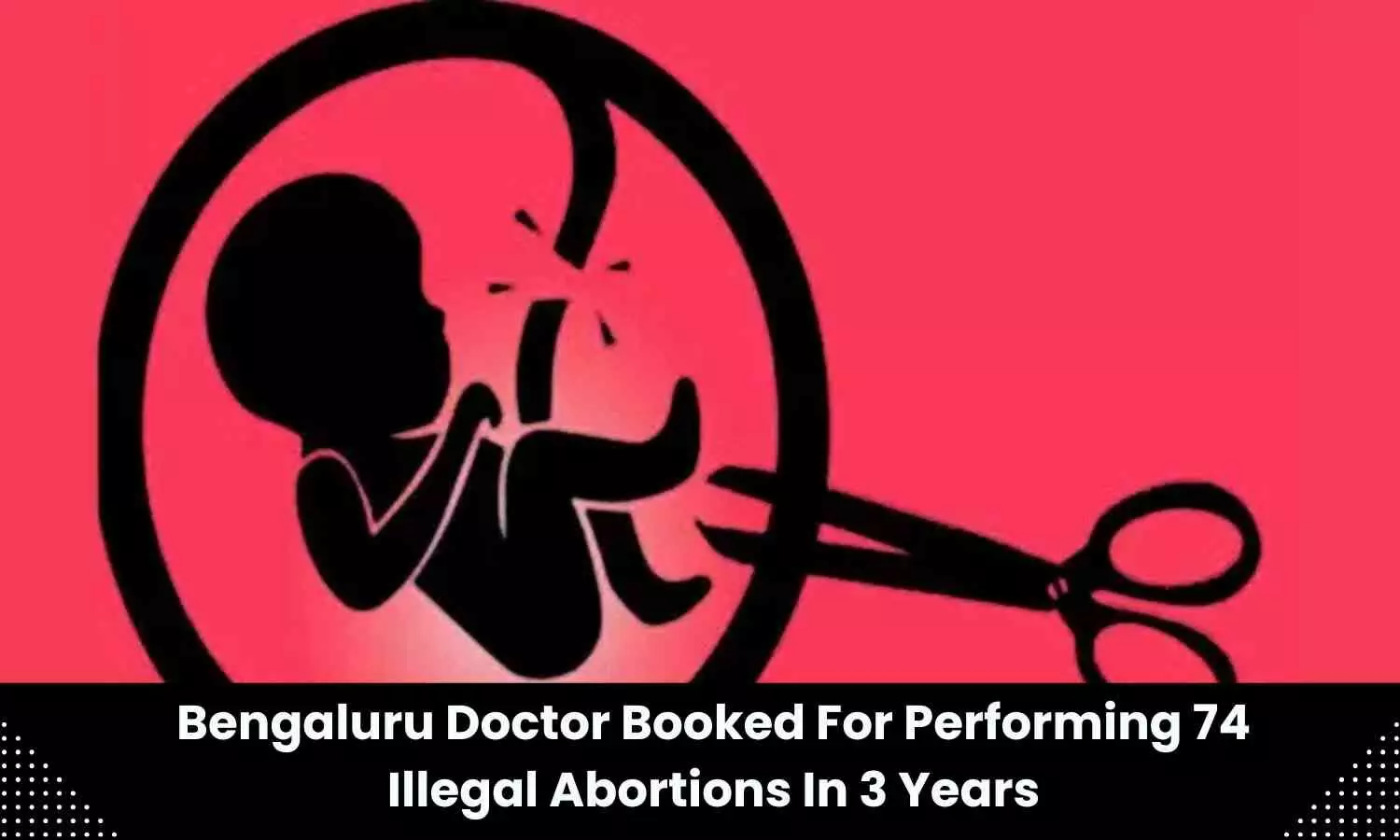Registration of Hospitals Cannot be Cancelled Under PC PNDT Act Unless Appropriate Authority Deems it Necessary in Public Interest: Supreme Court
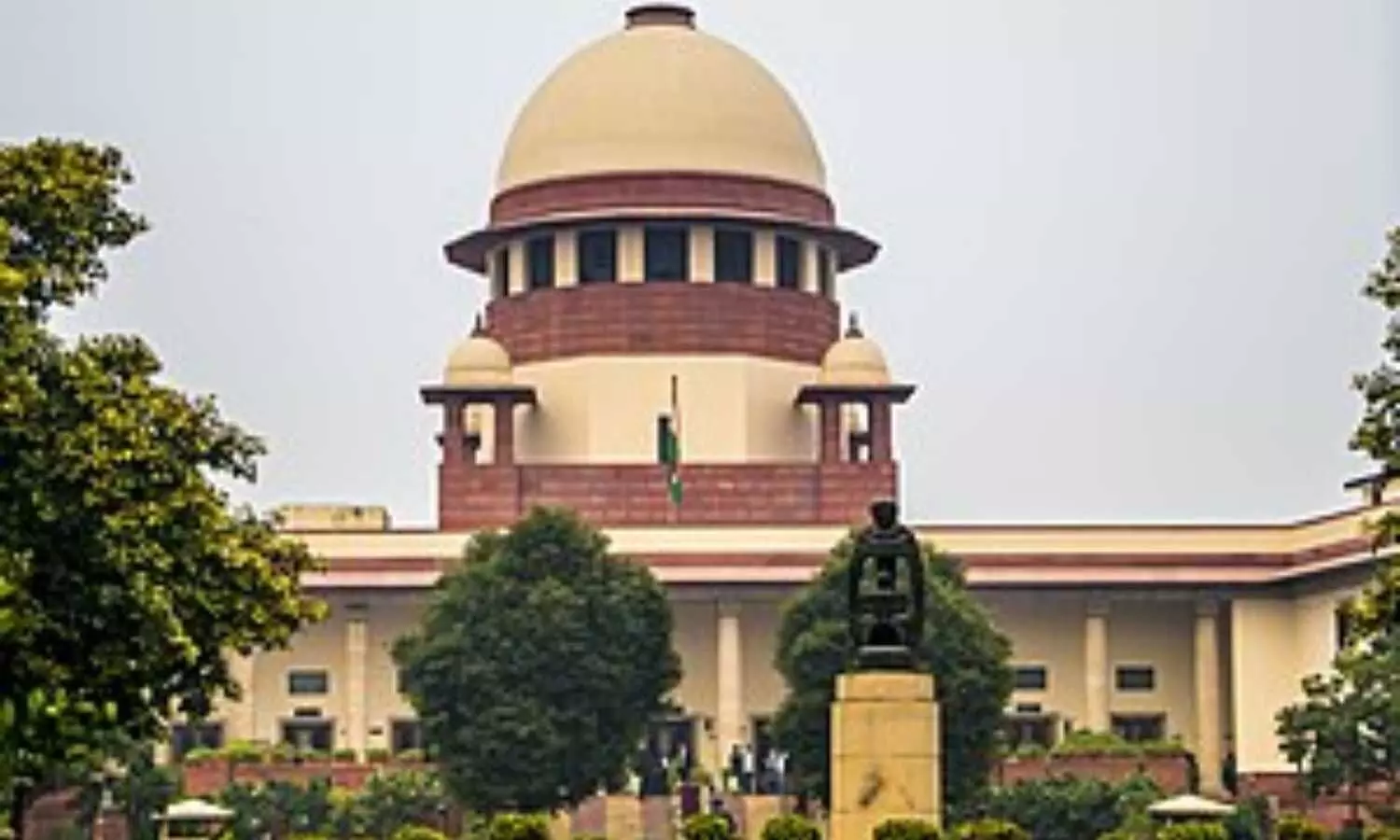
New Delhi: Delivering an interpretation of the powers vested in the appropriate authorities under the Pre-conception and Pre-natal Diagnostic Techniques (Regulation & Prevention of Misuse) PC PNDT Act, 1994, the Supreme Court of India recently clarified that the authorities can only suspend/cancel the registration of hospital/clinic under Section 20(3) of the Act when such an action is believed to be necessary in the public interest.
“…in our view, the power of subsection (3) of Section 20 of PC&PNDT Act is notwithstanding the power of subsections (1) & (2) of Section 20. The said power can only be exercised when the appropriate authority forms an opinion that it is necessary or expedient in public interest to do so. It is incumbent upon the appropriate authority to form its opinion based on reasons expedient or necessary to exercise the power of suspension,” opined the top court bench comprising Justices J.K. Maheshwari and K.V. Vishwanathan.
These observations were made by the bench while considering a plea involving the suspension of registration of a private hospital based in Ahmedabad. The hospital was registered under the PC&PNDT Act and the said registration was valid up to 23.05.2015. However, based on a complaint, an inspection was conducted on 21.10.2010 and during the inspection, the authorities found some lapses contravening the provisions of PC&PNDT Act. Consequently, the sonography machine operated in the hospital was seized.
A few days later, without giving any notice to the hospital, the authorities passed an order suspending its registration in exercise of the power under Section 20(1) & (2) of the PC&PNDT Act. Thereafter the appellate authority asked the appropriate authority to pass a suitable order within 15 days and to clarify whether the order dated 25.10.2010 was passed in exercise of power under Section 20(1) & (2) or under Section 20(3) of PC&PNDT Act.
Accordingly, the appropriate authority passed a fresh order on 29.12.2010 saying that there is a breach of mandatory provisions and the authorities accordingly suspended the registration of the hospital under Section 20(3) of PC&PNDT Act in public interest till finalization of the criminal proceedings.
Challenging this, the hospital approached the Gujarat High Court and allowing the plea, the Single Judge bench observed that looking to the condition of foetus in the womb, once the patient has consented to abortion, she cannot make a complaint for alleged violation of provisions of PC&PNDT Act. Further, the High Court found that neither any notice was issued nor an opportunity of hearing was afforded before passing the order suspending the registration.
It was further held that while passing the first order of suspension on 25.10.2010, powers were exercised by appropriate authority under Sections 20(1) & (2) of PC&PNDT Act without affording an opportunity of hearing, which was contrary to the spirit of the said provisions and wholly unjustified. The single judge order was upheld by the Division Bench as well.
The Division Bench was of the opinion that all the cases of suspension would not automatically fall within the purview of Section 20(3) of the PC&PNDT Act. Further, the bench observed that the reasons assigned in subsequent order of suspension by the appropriate authority are not valid to exercise such power in public interest.
Ultimately, the matter reached the Supreme Court. The counsel for the appellant authority submitted that on the scope of Section 20(1), (2) & (3) of the PC&PNDT Act, there is no judgment of the Apex Court.
Relying on the judgment of Malpani Infertility Clinic Pvt. Ltd. vs. Appropriate Authority, the counsel for the authority urged that if power is exercised by appropriate authority to suspend the registration due to pendency of the prosecution, such power may be exercised in public interest under Section 20(3) of PC&PNDT Act.
It was contended that looking at the object of PC&PNDT Act, if the appropriate authority considers that the activity of the licensed entity is affecting the public at large, the power to suspend the registration or license is permissible.
On the other hand, the counsel for the hospital submitted that considering the tenor of the order passed by the appropriate authority and the reasons so stated, it cannot be said to be an order suspending the registration in the public interest.
Referring to Section Section 20(1), (2) & (3) of PC&PNDT Act, the Supreme Court noted, “Bare reading of the aforesaid provisions makes it clear that Section 20(1) & (2) deals with both suspension or cancellation as the case may be, while Section 20(3) only deals with suspension in public interest. The authority, … affording reasonable opportunity of hearing and having regard to the advice of the Advisory Committee and on being satisfied that there was a breach of the provisions of the PC&PNDT Act or the Rules, without prejudice to any criminal action, may suspend or cancel its registration as the case maybe. Meaning thereby that for breach of the provisions of the PC&PNDT Act and the Rules, power of suspension for such period as may deem fit or of cancellation may be exercised parallelly by the appropriate authority.”
Meanwhile, “SubSection (3) of Section 20 only deals with suspension and confers independent power to the appropriate authority irrespective and notwithstanding the power under subsections (1) or (2) of Section 20. The said power may only be exercised by the appropriate authority if the said authority is of the opinion that exercise of such power is necessary or expedient in public interest. Meaning thereby that the exercise of such power of suspension by appropriate authority is in a contingency where it is expedient or necessary to take immediate action in public interest. While exercising such power, it is incumbent on the authority to form an opinion for reasons to be recorded in writing to indicate the said public interest. The said power is not akin to the power as specified in subsection 2 of Section 20 of PC&PNDT Act and the Rules thereto,” noted the Apex Court.
The bench perused the order dated 25.10.2010 and noted that the said order cannot be said to be an order under subsection (3) of Section 20 of PC&PNDT Act.
“In fact, it is simplicitor an order passed under subsection (2) of Section 20 alleging contraventions of the provisions of PC&PNDT Act and the Rules. Therefore, we have no hesitation to say that the appellate authority, while remanding the matter vide order dated 21.12.2010, was not required to ask the appropriate authority to clarify whether the order of suspension was under subsection (3) or under subsections (1) & (2) of Section 20 of PC&PNDT Act,” the bench noted at this outset.
The Supreme Court bench also took note of the suspension order dated 29.12.2010 passed in the public interest and noted,
“Perusal of the above order reveals that the appropriate authority while passing the order sought to exercise power under subsection (3) of Section 20 of PC&PNDT Act and directed suspension of the registration of the clinic till finalization of the criminal proceedings because of the contraventions of the provisions of the PC&PNDT Act and the Rules. Therefore, it is said to be contrary to the public interest and such activity is required to be curbed.”
While clarifying the legal provisions, the bench opined that the power of subsection (3) of Section 20 of PC&PNDT Act is notwithstanding the power of subsections (1) & (2) of Section 20. The bench held that the said power can only be exercised when the appropriate authority forms an opinion that it is necessary or expedient in public interest to do so.
“It is incumbent upon the appropriate authority to form its opinion based on reasons expedient or necessary to exercise the power of suspension,” opined the bench.
Referring to the order dated 29.12.2010, the bench observed that the order does not contain reasons as required to form an opinion that it is necessitated or expedient in public interest to exercise the power of suspension.
“Therefore, in our view, it does not fulfill the requirement of subsection (3) of Section 20 of PC&PNDT Act. As per the above discussions, neither the first order of suspension dated 25.10.2010 nor the second order of suspension dated 29.12.2010 qualifies the requirement of subSection (3) of Section 20 of the PC&PNDT Act. The said view is fortified by the reasoning recorded by the learned Single Judge and Division Bench which we find just and concur by its reasoning. Therefore, we are not inclined to interfere in this appeal,” the Court observed.
At this outset, the bench also referred to the intendment of Section 20(2) and Section 20(3) of PC&PNDT Act and clarified that
“…if the appropriate authority finds breach of provisions of PC&PNDT Act or the Rules it may, after issuing notice and giving a reasonable opportunity of being heard, without prejudice to any criminal action against the licensed entity, suspend its registration for such period as it may think fit or cancel the same as the case maybe.”
The bench noted that the appropriate authority also has power under subsection (3) of Section 20 notwithstanding the power under subsection (1) & (2) of Section 20. In the said situation in case, the authority forms an opinion that it is necessary or expedient in public interest, then after recording reasons in writing, it may suspend the registration of the licensed entity without notice as specified in subsection (1) of Section 20.
“Thus, the power of subsection (3) is intermittent and in addition to the power of subsection (2) but it may be exercised sparingly, in exceptional circumstances in public interest. In our view, the power of suspension, if any exercised, by the appropriate authority deeming it necessary or expedient in public interest for the reasons so specified, it should be for interim period and not for an inordinate duration,” opined the bench.
Considering this legal position, the bench took note of the fact that the suspension order dated 25.10.2010 was passed without any notice or affording any opportunity for hearing as per subsection (2) of Section 20. Therefore, the bench opined that it was not justified and has rightly been set aside by the Single Judge bench and confirmed by the Division bench. With this observation, the bench dismissed the plea by the authorities and upheld the High Court orders.
“Since the order under challenge has been implemented and the hospital is operational, therefore no further consequential orders are required to be passed directing to revive the registration. In the facts and circumstances of the case, there shall be no order as to costs,” noted the bench.
To view the order, click on the link below:
https://medicaldialogues.in/pdf_upload/supreme-court-order-pcpndt-233989.pdf
Also Read: Settlement between parties not accepted for offences under PCPNDT Act: Gujarat HC
Powered by WPeMatico




